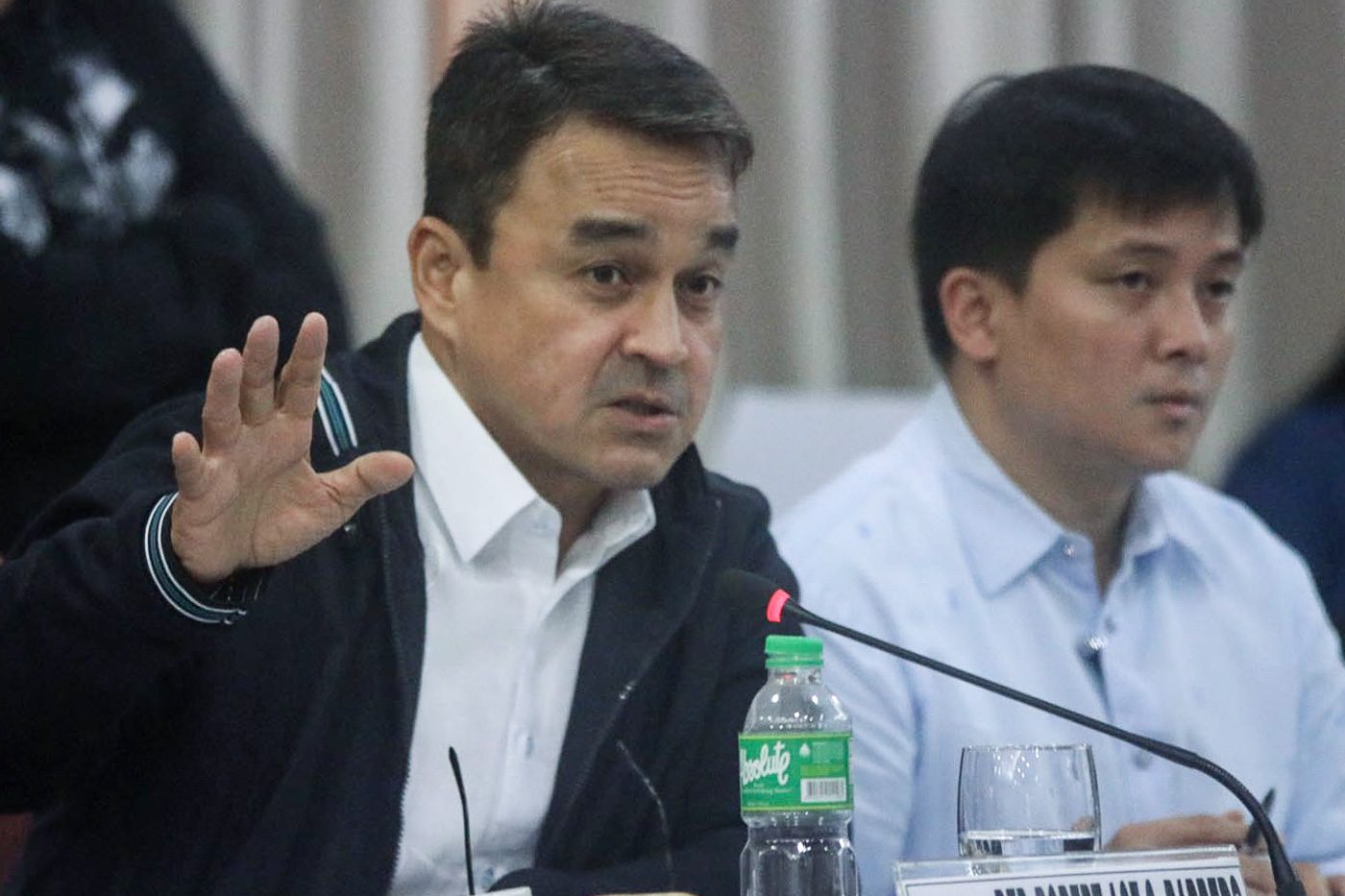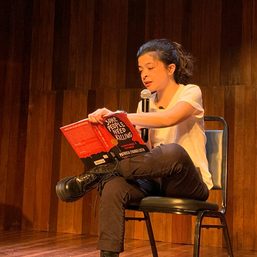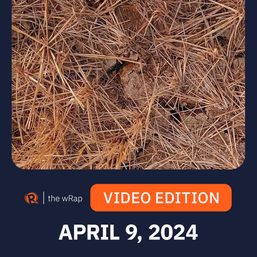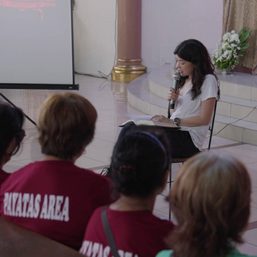SUMMARY
This is AI generated summarization, which may have errors. For context, always refer to the full article.

Faced with mounting criticism, House committee on dangerous drugs chair Robert Ace Barbers said the bill providing legal presumptions on drug-related crimes has placed safeguards against abuses by law enforcement agents.
In a statement on Friday, March 5, the Surigao del Norte 2nd District representative said House Bill (HB) No. 7814 – designed to give more teeth to the Comprehensive Dangerous Drugs Acts – has deterrents against planting of evidence, bungling in the prosecution of cases, and falsifying arrest and search warrants.
Barbers lashed out at critics, whom he said “just couldn’t seem to comprehend the essence of the bill, or maybe they simply pretend not to comprehend.”
He cited Section 19 of HB 7814, which states when a law enforcement agent is accused of planting evidence, the court where the case is pending shall order a preliminary investigation that must be completed within 7 working days.
“If the drug case against a drug suspect goes on trial, the hearing of the case would be held jointly against the drug suspect and the law enforcers accused of planting evidence. This is a deterrent against abuse by anti-drug law enforcers,” said Barbers, who is one of the primary authors of HB 7814.
He also said HB 7814 has introduced “stringent” measures preventing law enforcers from falsifying documents to effect a search or arrest of a drug suspect.
If a drug-related case is dismissed due to the prosecution’s failure to offer evidence, filing of wrong information, irregularities in the arrest, search, or seizure, failure to conduct a confirmatory test, failure to prosecute for an unreasonable length of time, or insufficiency of evidence, the court would be tasked to give a copy of its ruling to the Civl Service Commission (CSC) and the Office of the Ombudsman.
The CSC and the Ombudsman would then be tasked to investigate the law enforcement agents concerned for possible administrative and criminal liabilities.
But critics of HB 7814, including lawmakers and human rights groups, have warned that the measure’s legal presumptions on who is considered an importer, financier, or protector of illegal drugs already presumes the guilt of the suspect upon apprehension.
They argued the presumptions would violate the constitutionally enshrined presumption of innocence of the accused.
The House of Representatives, where most lawmakers are allies of President Rodrigo Duterte, voted HB 7814 on final reading earlier this week.
Duterte has been widely criticized for his anti-drug campaign, where thousands of drug suspects have been killed in legitimate police operations and vigilante-style killings.
In defending the killings, police officers commonly say that the suspects fought back while resisting arrest or “nanlaban.”
‘March back to dark ages’
According to the Commission on Human Rights (CHR), HB 7814 “contravenes” this right of the accused.
“CHR argues that the basic principle of presumption of innocence until proven guilty is a fundamental protection for the accused against wrongful conviction. Justifying the departure from safeguard and to assert that it serves the community’s interest exposes innocent individuals to wrongful accusations and abuse of authority,” CHR said in a statement.
Akbayan chair Etta Rosales, who used to head CHR, likewise said HB 7814’s legal presumptions is a “march back to the dark ages.”
“It is law authored and supported by cavemen bound by their dim vision to promote caveman justice. It is violative of international human rights standards, blatantly unconstitutional, and a direct assault on our democracy,” said Rosales in a statement.
Amnesty International’s Philippine section director Butch Olano also said the bill’s lack of judicial supervision “encourages” the arbitrary arrest and detention of drug suspects.
“The country’s law enforcement problem demonstrates the state’s failure to ensure people’s protection from crimes, whether drug- or terrorism-related. Passing laws that institutionalize disregard for human rights only further inundates a population already exhausted by the impacts of the pandemic,” he said. – Rappler.com
Add a comment
How does this make you feel?





There are no comments yet. Add your comment to start the conversation.